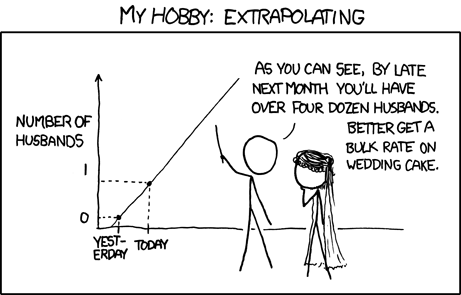Originally posted by kcrudup
View Post
I did not intentionally disable anything, but it is a vanilla Arch install so it's definitely possible that I didn't include something which I was supposed to. I will look through your suggestions.



Comment